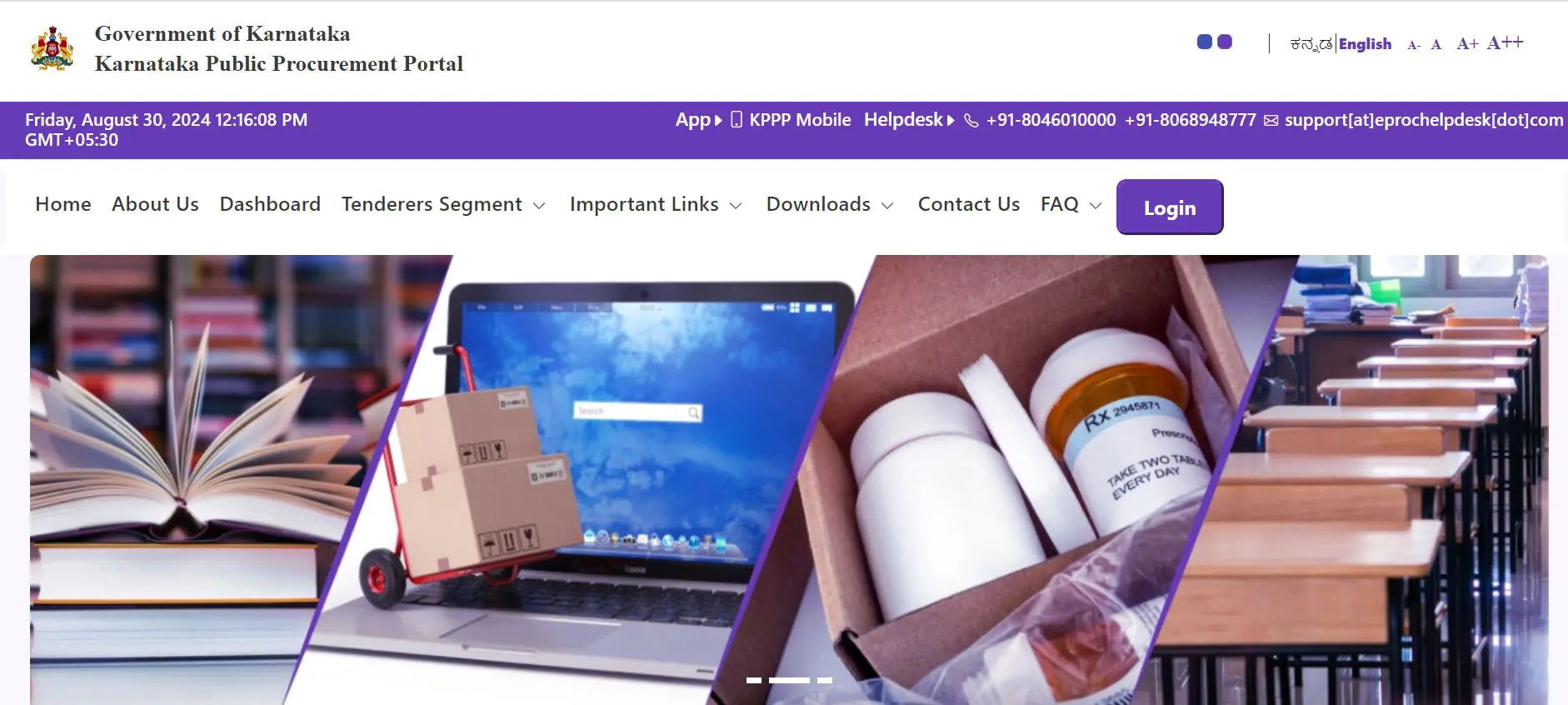
How does DSC completion verify my identity for government procurement
By Admin | 02 Aug 2025
Completion of the DSC (Digital Signature Certificate) assignment verifies your identity for government procurement through a multi-step, secure process:
-
Identity Proof with Certifying Authority (CA):
When you apply for a Class 3 DSC, which is mandatory for government e-tendering, you must present yourself physically or via live video verification to a Registration Authority (RA). This is where you submit government-issued photo IDs (such as PAN, Aadhaar, Passport) and address proofs. The CA cross-verifies these documents for authenticity and ensures the applicant’s identity matches these records. -
Secure Issuance of DSC:
The CA issues the DSC only after stringent verification of your identity and documents. The DSC is stored on a secure USB token, which means the private key used for digital signing cannot be duplicated or misused easily. -
Digital Signature Usage:
Once assigned and registered on the procurement portal (like KPPP), the DSC acts as your "digital fingerprint" to sign all electronic tender documents. Because the DSC contains your verified identity details and is legally recognized under the IT Act, any signature using it proves that you—the authorized individual—are the signer. -
Electronic Authentication:
When you sign and submit tenders using the DSC, the portal validates your digital signature cryptographically. This ensures the tender document is authentic, unaltered, and linked beyond doubt to you as the authorized signatory. -
Legal and Security Assurance:
The digital signature created by the DSC provides non-repudiation (you cannot deny having signed), data integrity (documents are not tampered with), and authentication (proves signer’s identity). This builds trust and transparency in government procurement.
In essence, completing the DSC assignment verifies your identity for government procurement by physically verifying your submitted ID documents through a trusted authority and embedding proof of your identity into a secure cryptographic certificate. This certificate is then used as a legally valid digital signature, ensuring that all tender-related electronic transactions are securely authenticated and legally binding.